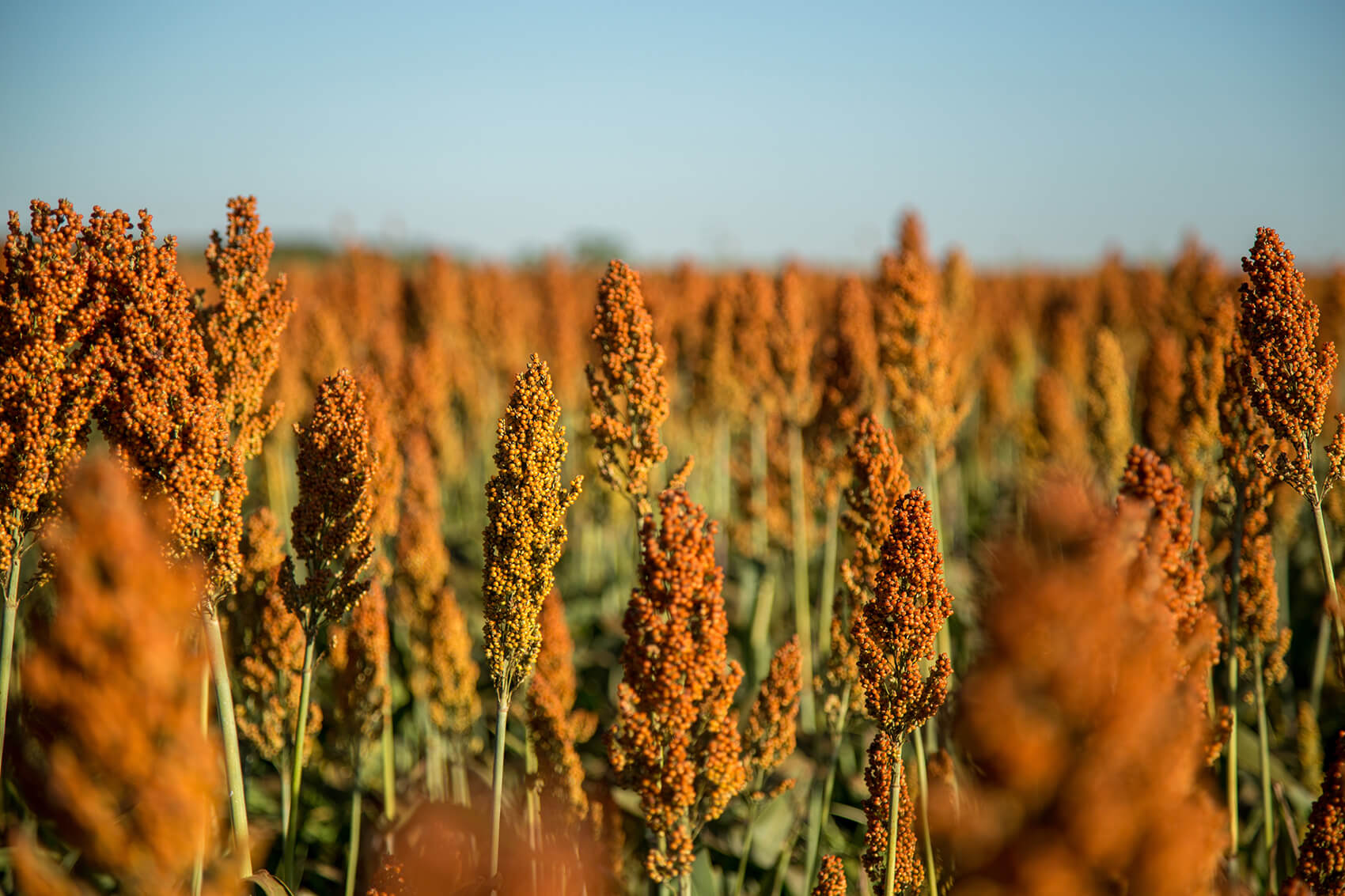Cereals are plants whose starchy grains are used for large-scale consumption. Since ages, they have been the basic ingredient in the diet of many cultures, consumed in the form of flour, groats, pasta or flakes.
What are the most commonly grown cereals in Poland?
Wheat
Wheat is one of the most commonly used cereals in Poland and in the world. It is used to produce whole grain flour, which has health-promoting properties, and completely purified white flour, ideal for baking, although less recommended because of the low content of valuable nutrients.
Recent discussions about the harmfulness of gluten found in wheat diverted attention from its pro-health values. Wheat is rich in starch, dietary fiber, B vitamins and minerals: sodium, potassium, magnesium and calcium. Wheat bran is especially good for our body - a by-product resulting from grain milling. Bran is rich in fiber, which reduces the passage of food through our digestive tract, reduces the level of unhealthy LDL cholesterol, and also reduces postprandial glucose and insulin levels in the blood.
Interesting fact: consuming wheatgrass juice, which is a young variety of common wheat, has many advantages resulting primarily from its high chlorophyll content. Chlorophyll contains large amounts of oxygen, which facilitates its delivery into the blood, resulting in an increase in the number of red blood cells (which is beneficial e.g. for the treatment of anemia). In addition, wheatgrass is a powerful antioxidant that removes free radicals, thereby slowing the aging process of the body and preventing cancer. Wheatgrass does not contain gluten, but is full of vitamins and minerals.
Rye
Rye, a plant initially considered a weed, began to be grown in Central Asia much later than wheat. Like other cereals, it is a source of carbohydrates, but unlike the previously mentioned wheat, rye provides non-starchy carbohydrates, which are more beneficial for our body. In terms of vitamins and minerals, it also beats the wheat, because its grains contain more potassium, calcium, magnesium and zinc, and also high level of vitamins B, E and PP. In addition, rye is an excellent source of dietary fiber, improving digestion, preventing abdominal pain and flatulence, and lowering blood cholesterol. Its positive impact on health is supported by studies that show that rye bread has a lower glycemic index than wheat bread - it causes a lower increase in glycaemia after a meal, becoming the right choice for people with diabetes.
Interesting fact: rye should be especially recommended for men - it is a source of phytohormones that affect their hormonal balance. It is a valuable component of the diet in the treatment of benign prostatic hyperplasia.
Barley
Barley, although less popular than other types of grain, is great for diversifying our diet. It is processed into many derivative products - flour, cereal, flakes, sprouts - thanks to which we can eat it in various forms, taking care of the variety of the menu. Barley is less caloric, contains large amounts of nutrients such as B vitamins, selenium, chromium, magnesium, copper. The high content of insoluble fiber supports digestion and glucose metabolism and lowers cholesterol, preventing cardiovascular disease.
Interesting fact: young green barley, i.e. barley leaves not older than 7 days, can be bought as a powder made from dried juice. It has strong anti-inflammatory and cleansing properties, and the chlorophyll present in it prevents the aging of cells and protects them against the transformation into cancer cells.
Oats
Oats, commonly consumed in the form of oat flakes, differ significantly in composition from other cereals. It contains a much larger amount of protein, which is characterized by the presence of exogenous amino acids, i.e. those that are not produced by our body. In addition, oat protein provides us with globulins - the fraction of proteins responsible for our immunity. It also has a positive effect on the nervous system, bones and teeth, being a great source of calcium, potassium, magnesium, silicon and iron. It provides both a lot of fiber and many vitamins. The energy value of oats is relatively high - it contains more fat compared to other cereals.
Interesting fact: liqueur of oat herb - indicated for stress and fatigue - can be made only for one week a year, in the milky phase of oats. It strengthens the nervous system and helps in the treatment of insomnia.
Choose organic cereal products! Take care of yourself and your family by buying cereal products marked with a green leaf logo.


